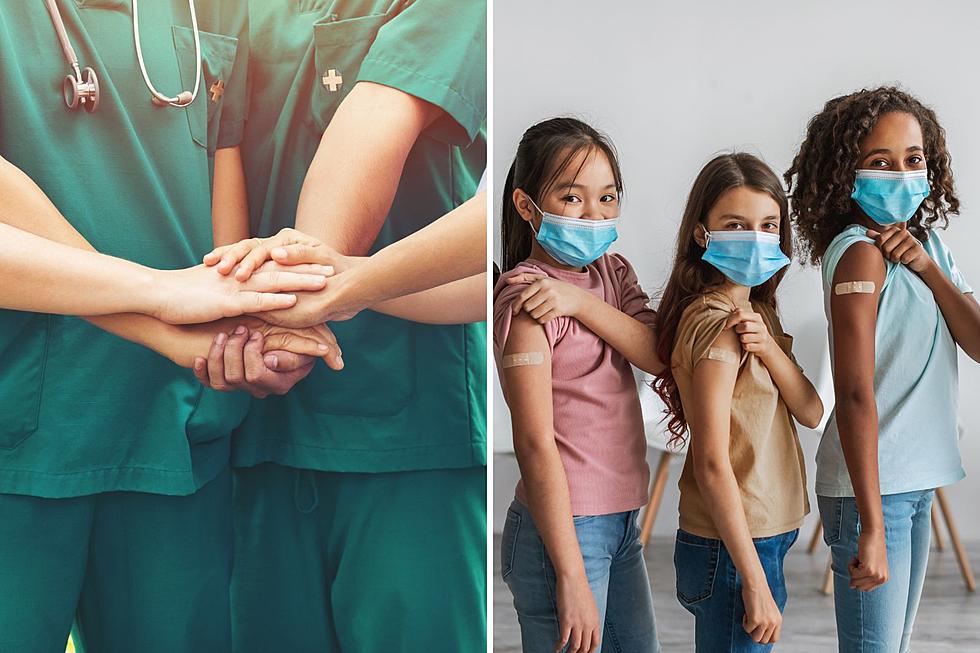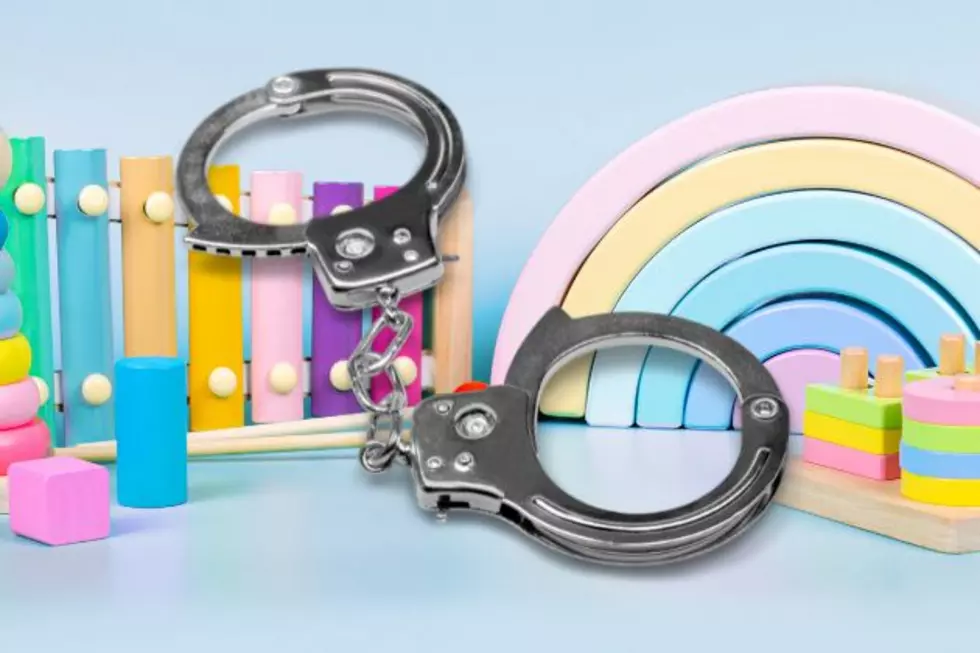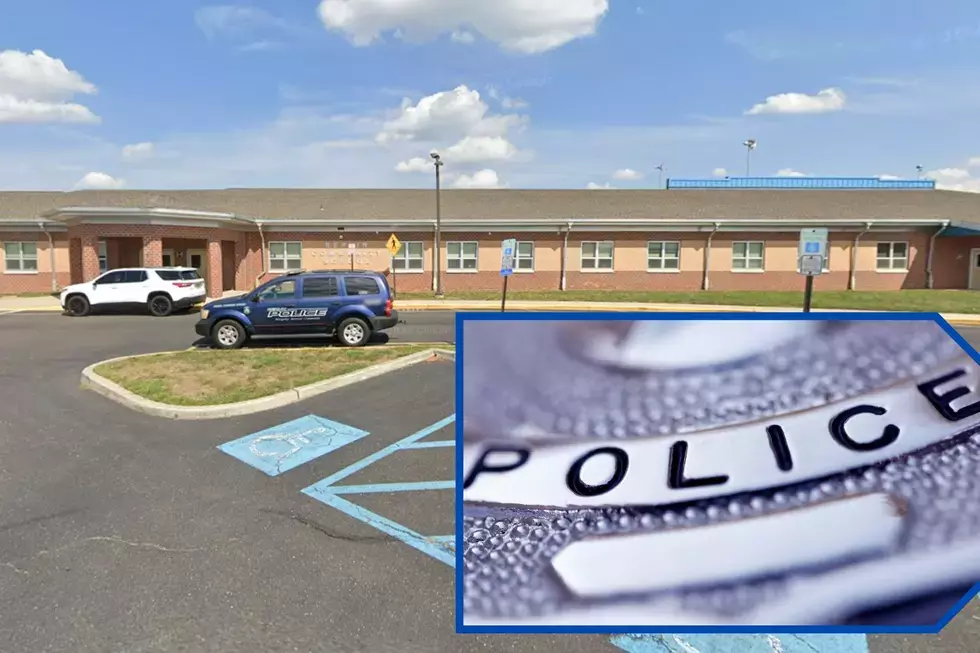
Is NJ prepared for the next public health emergency? New report grades the states
😷 A new report puts states in one of three tiers based on preparedness
😷 NJ has improved in categories such as vaccination and paid time off
😷 NJ loses points for "water security"
When the next disease or disaster strikes, you're in better hands here in New Jersey than in most other states, according to a report released Thursday by Trust for America's Health.
The 20th edition of TFAH's report, Ready or Not: Protecting the Public’s Health from Diseases, Disasters, and Bioterrorism, ranks New Jersey with 18 other states and the District of Columbia in the "high tier" for public health emergency preparedness.
New Jersey was in the same tier in last year's report, and in the middle tier in 2021.
The report measures states' performances on 10 key indicators, from seasonal flu vaccination rates and usage of paid time off, to hospital grades and contaminated water usage.
"New Jersey scores well on these indicators largely across the board," said Matt McKillop, TFAH senior health policy researcher.
And the state improved year over year in some categories, McKillop noted. A greater percentage of eligible individuals were vaccinated for seasonal flu, and more people were able to take paid time off (which can help break a chain of infection when an individual is sick).
New Jersey received a check mark in the report for being one of the many states involved in the Nurse Licensure Compact, which allows states to use licensed nurses from other parts of the country, and for having a plan should a 6-to-8-week surge in laboratory-testing capacity be necessary in order to address an outbreak or other public health event.
And at 47%, New Jersey posted one of the best rates of A-grade hospitals for fall 2022.
Every state, including those in the high tier, has room for improvement, McKillop said.
New Jersey missed the mark most notably in the category of water security.
According to the report, based on U.S. Environmental Protection Agency data, 18% of New Jersey residents in 2021 were using a community water system in violation of health-based standards. The national average was 5%.
The EPA recently floated the idea of setting stricter limits on two so-called "forever chemicals" in drinking water. The New Jersey Department of Environmental Protection stated that if those proposals were to become reality, hundreds of utilities would be out of compliance.
In July 2021, Gov. Phil Murphy signed legislation that requires water utilities to take an inventory of all water service lines that are constructed of lead piping, and to ultimately replace them.
"This is certainly an area in need of continued improvement, but it's absolutely, I think, a focus of state and local officials and policymakers," McKillop said.
Dino Flammia is a reporter for New Jersey 101.5. You can reach him at dino.flammia@townsquaremedia.com
Click here to contact an editor about feedback or a correction for this story.
LOOK: Food and Personal Care Shortages We Could See In 2023
Most affordable places to live in New Jersey
25 richest people in America and how they did it
More From New Jersey 101.5 FM









